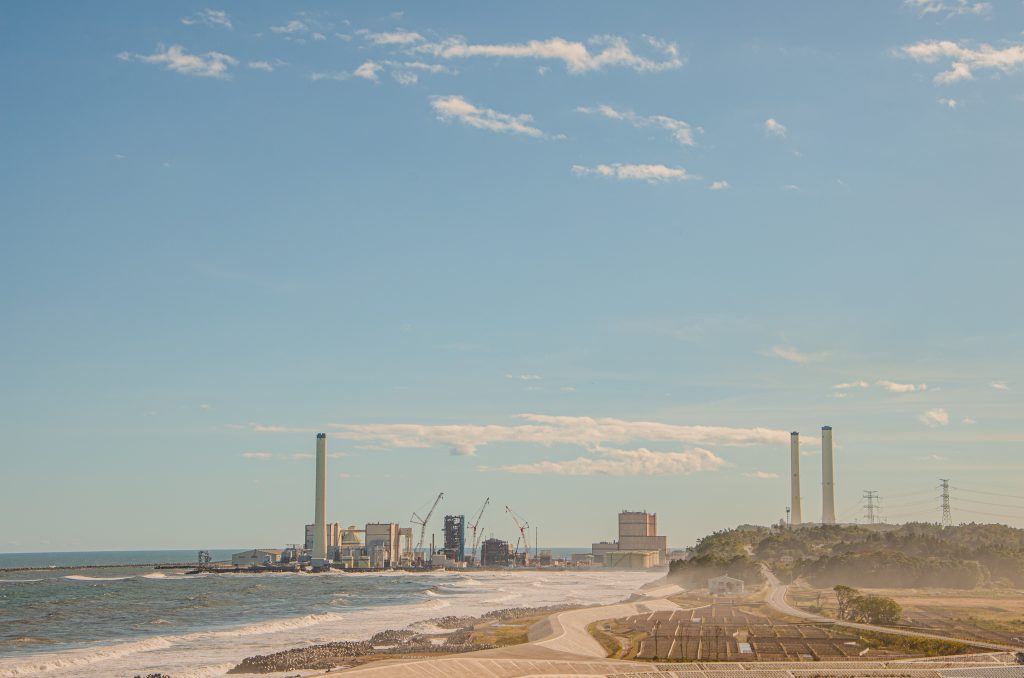
- ARAB NEWS
- 30 Jun 2025

Japan’s move to embrace a climate target of carbon neutrality by 2050 could open the way for the beleaguered nuclear industry to fire up again, nearly a decade after the Fukushima disaster shut down most of the country’s reactors.
Once the world’s third-largest user of nuclear energy, utilities are now decommissioning nearly 40% of the pre-2011 fleet and the public remains highly suspicious of the industry.
There are currently only two reactors operating, down from about 50 before the 2011 earthquake and tsunami that caused the meltdown in Fukushima.
Prime Minister Yoshihide Suga unveiled a major shift in Japan’s position on climate change on Monday, announcing the plan for net-zero emissions in his first address to parliament since becoming leader last month. He specifically flagged the greater use of renewable energy and nuclear power.
A day after Suga’s announcement, Hiroshige Seko, a senior official in Japan’s ruling party and former industry minister, called for new nuclear plants to be built.
While a senior Cabinet official subsequently hosed down that idea, saying Japan was not planning new plants but would instead focus on making the existing reactors safer, the broader line from policymakers suggests an increasing openness to the sector.
Nuclear and coal power has strong support from Japan’s powerful Ministry of Economy, Trade and Industry (METI), which has prioritised stable supplies of electricity for industry in the export powerhouse.
“METI has long been opposed to renewables and to any enhanced climate target,” said Mutsuyoshi Nishimura, a former senior Japanese government official and chief climate change negotiator.
“It’s likely that the ministry has got a quid pro quo in getting more nuclear online for agreeing to the change, based on my experience in government,” he said.
Suga on Thursday said the government would keep all options open including nuclear, renewables and coal power to meet the new target.
But the public is wary of nuclear power after the explosions and meltdowns at the Fukushima Daiichi nuclear station in 2011. The disaster highlighted major failings in oversight and operations in the sector.
The return of nuclear has been slow and fitful as a new regulator is relicensing reactors and calling for expensive upgrades. Nine have been cleared for restart, less than a third of Japan’s operable units.
“(Nuclear is) now explicitly emphasized as a key element of decarbonisation, in tandem with renewable energy,” Andrew DeWit, professor of energy policy at Rikkyo University in Tokyo.
“Whether the industry can avoid pitfalls on the road to more restarts remains a question.”
Reuters